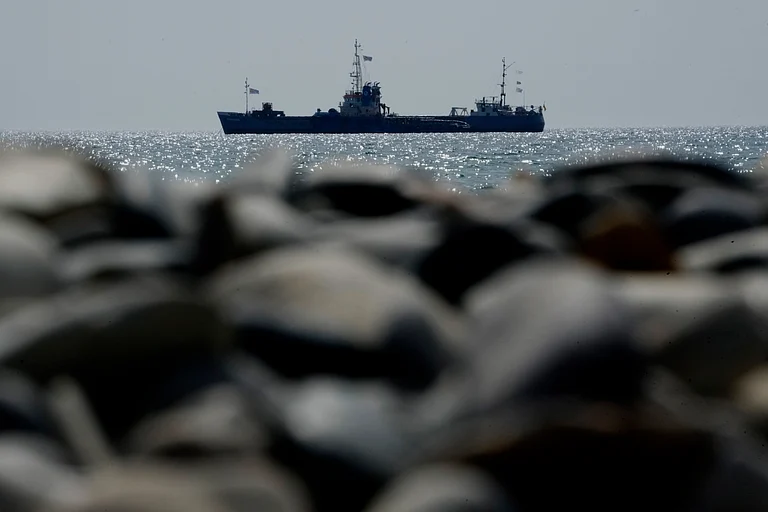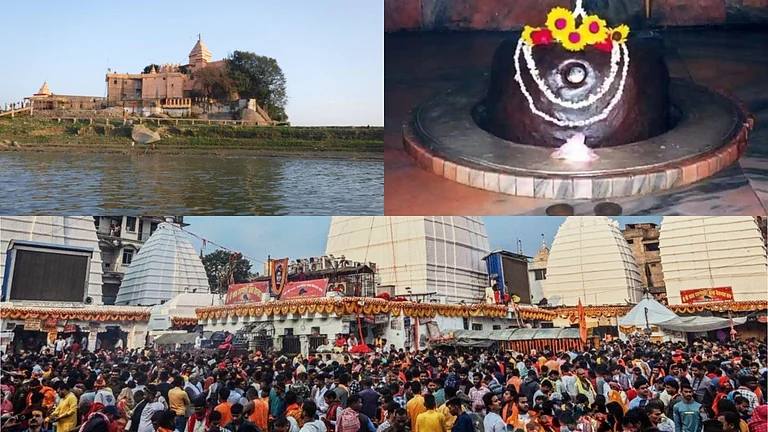Escalating violence in Congo's eastern region has displaced at least 250,000 people in the last month, a senior United Nations official said on Wednesday, describing the situation as an unprecedented humanitarian crisis.
Far from the nation's capital, Kinshasa, eastern Congo has long been overrun by more than 120 armed groups seeking a share of the region's gold and other resources as they carry out mass killings. The result is one of the world's largest humanitarian crises, with about 7 million people displaced, many of them beyond the reach of aid.
“It's really heartbreaking (and) what I saw is truly a horrible situation," Ramesh Rajasingham, director of coordination in the UN humanitarian office, told The Associated Press.
Rajasingham visited the city of Goma, where many are taking refuge. “Such a large number of displaced persons in such a short time is unprecedented,” he said.
Amid intensified fighting with security forces, the M23 rebel group — the most dominant in the region with alleged links to neighbouring Rwanda — has continued to attack villages, forcing many to flee to Goma, the region's largest city whose estimated population of 2 million people is already overstretched with inadequate resources.
While M23 has said it is targeting security forces and not civilians, it has laid siege to several communities, with about half of North Kivu province under its control, according to Richard Moncrieff, the Crisis Group's Great Lakes region director, leaving many trapped and out of the reach of humanitarian aid.
“We fled insecurity, but here too, we live in constant fear,” Chance Wabiwa, 20, said in Goma where she is taking refuge. "Finding a peaceful place has become a utopia for us. Perhaps we will never have it again,” said Wabiwa.
Reelected to a second five-year term in December, Congolese President Felix Tshisekedi has blamed neighbouring Rwanda for providing military support to the rebels. Rwanda denies the claim but UN experts have said there is substantial evidence of their forces in Congo.
Both regional and UN peacekeepers have been asked to leave Congo after the government accused them of failing to resolve the conflict.
Rajasingham said humanitarian agencies are doing their best to reach those affected by the conflict but warned that “an enormous influx of people is putting challenges beyond what we can meet right now”.
“There has to be a solution to the suffering, to the displacement, to the loss of livelihoods, the loss of education,” he said.


























